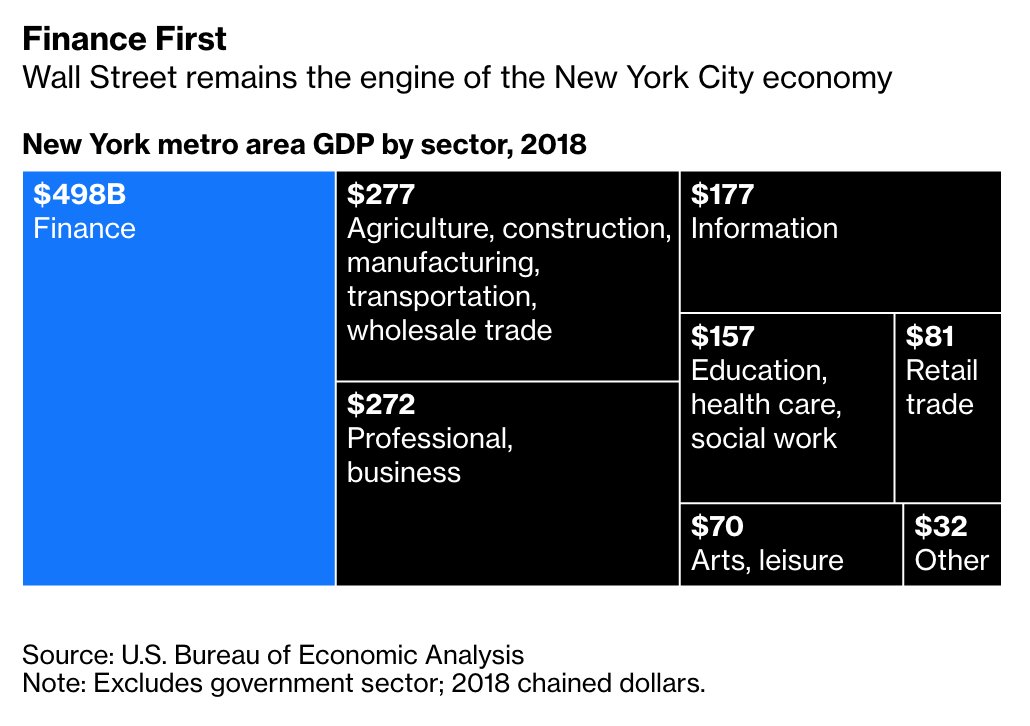
*U.S. APRIL CONSUMER PRICES INCREASE 0.8% M/M; EST. 0.2%
To recap:
Headline CPI: 4.2% y/y (highest since 2008), 0.8% m/m (highest since 2009)
Core CPI: 3% y/y (highest since 1996!!!), 0.9% m/m (highest since 1982!!!!!)
It's worth parsing the data, but there's no denying these are some big numbers.
Headline CPI: 4.2% y/y (highest since 2008), 0.8% m/m (highest since 2009)
Core CPI: 3% y/y (highest since 1996!!!), 0.9% m/m (highest since 1982!!!!!)
It's worth parsing the data, but there's no denying these are some big numbers.

👀
Federal Reserve Vice Chair Richard Clarida says he was surprised by the rise in consumer prices reported earlier on Wednesday and “we would not hesitate to act” to bring inflation down to its goals if needed.
Federal Reserve Vice Chair Richard Clarida says he was surprised by the rise in consumer prices reported earlier on Wednesday and “we would not hesitate to act” to bring inflation down to its goals if needed.
• • •
Missing some Tweet in this thread? You can try to
force a refresh








